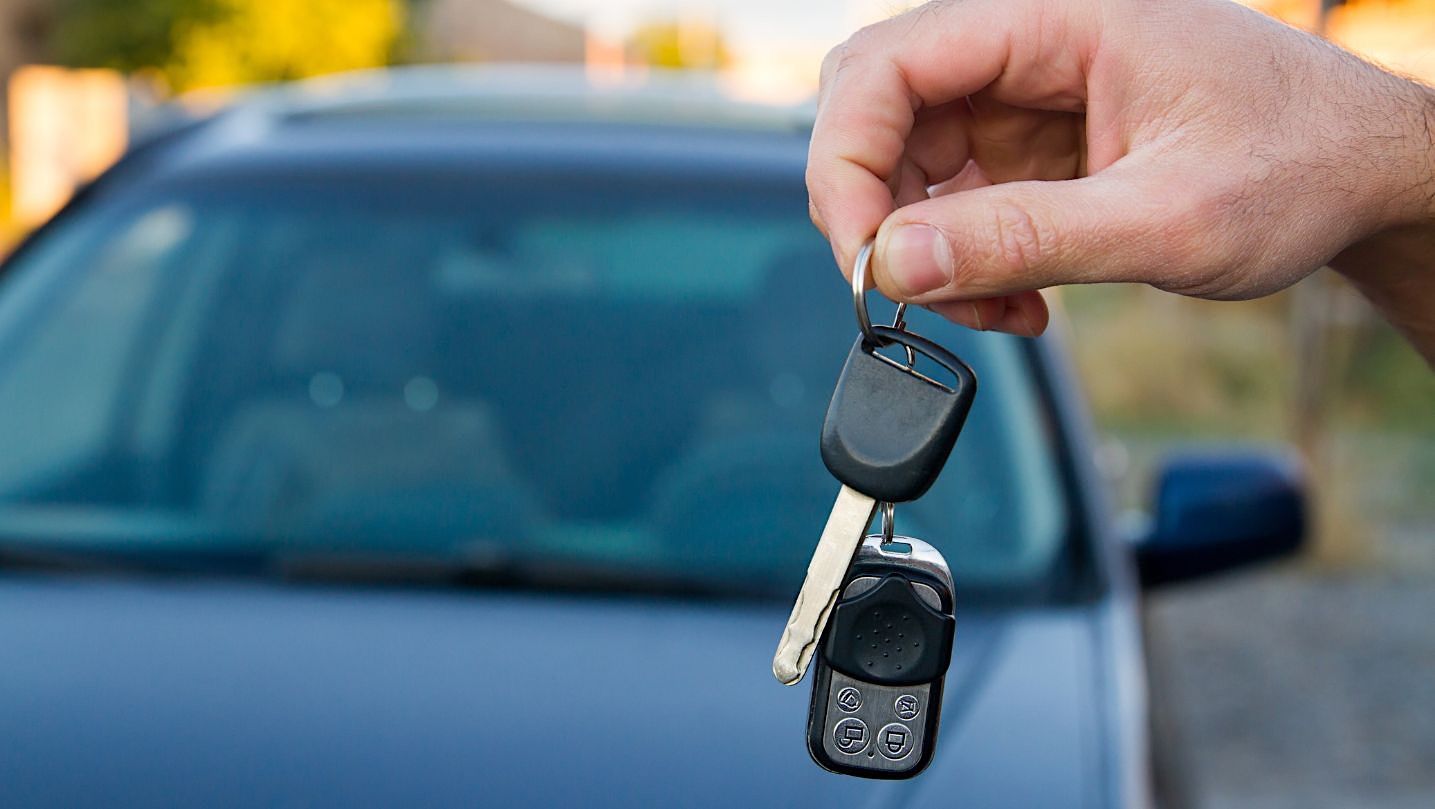Is it Time to Retire the Car Keys?
Do you remember when you got your first driver's license? I do. It gave me a sense of pride and independence. And now, many years later, if my car is in the shop and I don't have access to another car, I feel a bit lost. If you feel the same, imagine how you would feel if someone took your driver's license away and told you that you could never drive again.
This happens to some older adults. Sometimes, they no longer feel comfortable driving and decide to give up their keys, and sometimes it's a concerned loved one who determines it's no longer safe for them to drive.
But driving is more than a means of transportation. It can be a source of pride, provide a sense of identity, allow for independent living, and provide a way to connect with others. Losing or giving up your driver's license can be traumatic, cause anger and frustration, reduce independence, make you feel trapped or burdensome, create social isolation, and more.
On the other hand, as we age, our bodies change, and according to the National Highway Traffic Safety Administration (NHTSA), the following factors may make older drivers less safe on the road:
- We become more fragile as we age, which can cause more severe injuries in a car accident.
- Our physical, visual, and cognitive abilities diminish.
- More than 90% of older drivers use medications that can cause drowsiness or affect driving in other ways.
While some factors may result in safety issues for older drivers, getting older is not an automatic reason to give up driving. On the plus side, the NHTSA also reports the following:
- Older drivers are less likely than their younger counterparts to drive after drinking
- Older drivers are less likely to speed or drive aggressively
- Older drivers typically drive fewer miles
So, before you try to force someone to give up their driver's license, look at their driving, and consider all options (perhaps eliminating night driving is enough). And if you decide an older driver is no longer safe behind the wheel, approach the topic gently.
The NHTSA states, "The challenge is to balance mobility for older drivers with safety for all road users."
How to Determine If It's Time to Give Up the Car Keys
Whether you're concerned about your own driving or that of an aging loved one, there are steps you can take to help determine if it's time to give up the car keys:
- Observe the driver – If you are concerned about an older adult driving, ride with them as a passenger. If you're worried about your own driving, ask someone to ride with you. Notice the driver's general driving proficiency, response time, level of confidence, etc.
- Have regular eye and medical exams.
- Check to see if your local hospital offers an older driving evaluation.
- Use AAA's Driver 65 Plus: Check Your Performance.
- Take a self-assessment questionnaire from the National Highway Traffic Safety Administration.
- Review "Your Road Ahead: A Guide to Comprehensive Driving Evaluations."
- Have a professional driving assessment.
- Ask yourself, "Do I feel my grandchildren would be safe in a car I'm driving?"
Watch for the Following Warning Signs:
- Driving too slowly or too fast
- Running red lights or stop signs
- Using lanes improperly
- Delayed responses
- Riding on the brakes
- Incorrect signaling
- Hitting curbs
- Trouble parking
- Trouble turning to see to back up or check a lane for other cars
- Frequent near misses
- Getting lost
- Having a recent accident or near miss
- New dents or scratches on the car
- Receiving tickets for driving violations
How to Approach the Subject of Giving Up Car Keys
Telling an older loved one that you believe they are no longer safe to drive can be an extremely difficult conversation. Here are some tips:
- Discuss your concerns with their doctor – many older drivers value a doctor's opinion and may be more likely to listen to a doctor who tells them they should no longer drive than an adult child or spouse.
- Be empathetic – Imagine how you would feel, acknowledge their feelings and concerns, etc.
- Hear them out - Ask them what they are feeling, their concerns, what they think, etc.
- Determine alternative transportation options – public transportation, home care, a family member, food delivery services, taxis, Uber or Lyft, etc.
- Don't wait too long to have the conversation.
This pamphlet offers help with that conversation. It discusses the best time to begin the conversation, circumstances that create conversation opportunities, etc.
We Can Help the Elderly Maintain Their Independence
If you or an aging loved one has decided it's time to retire the car keys, plenty of options exist to help maintain independence. Comforting Home Care by Phoebe offers senior transportation services. Whether it’s attending a grandchild's baseball game, going window shopping at the mall, or going to a doctor's appointment, we can help.
Contact us today at 610-625-5206 or connect with us online.












